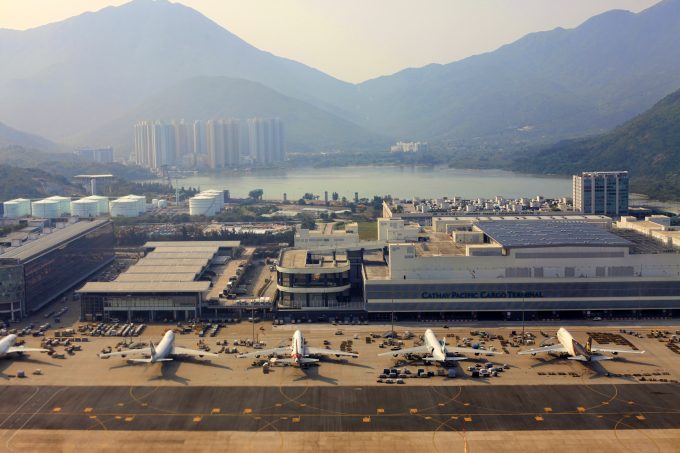Hong Kong drops out of world's top 10 busiest container ports
Hong Kong fell out of the world’s top 10 container ports last year, for the ...

The final phase of Hong Kong’s air cargo security screening programme began today with x-raying of all ‘unknown’ consignee cargo set for 30 June.
However, while local shippers welcomed a delay in the rule set by the International Civil Aviation Organization (ICAO), citing increased lead times and costs, current market conditions mean its impact could be muted.
The delayed phase-in began in January last year with 25% screening, and Simon Wong, CEO of Hong Kong-based U-Freight said: “The final phase demands that all consignors of air cargo must be approved by the appropriate authority as a validated known Consignor (KC).
“Any consignee not validated becomes an ‘unknown consignor’ with all their cargo subject to 100% security screening prior to being loaded onto a commercial aircraft.”
X-ray scanning helps U-Freight identify prohibited products inside the “ever-increasing number of e-commerce parcels” it handles, explained Mr Wong.
Indeed, according to Sunny Ho, executive director of the Hong Kong Shippers’ Council, the Covid-induced e-commerce boom and sharp uptick in freight rates means the impact from 100% scanning will be less pronounced than previously feared.
Mr Ho told The Loadstar: “Hong Kong went through 30%, 50% and 70% scanning smoothly and, given the number of scanning machines in place, there shouldn’t be any problem with meeting the 100% requirement by the end of June deadline.
“The impact of the requirements would be an additional US$0.1 to $0.12 per kg. But current freight rates are more than double pre-pandemic levels, at US$7-$9 per kg to the main Europe and US destinations, so in terms of percentage the additional cost is not very high.”
Furthermore, he explained, despite speculation of sourcing diversification in the wake of Covid, currently there was “no rival” to China’s supply chain supremacy, and he added: “There’s also the positive factor of the e-commerce boom, although this will be moderated after the pandemic.
“There are other uncertain factors, when it comes to switching supply chains to South-east Asia, for example, as demonstrated by the recent developments in Myanmar.
“Besides stability of government, policy, exchange rates and so on, China is also benefiting from its substantial investment in and adoption of IT.
“On the other hand, China’s political relations with the EU and US will be a major factor in the long-term air cargo outlook.”
Comment on this article